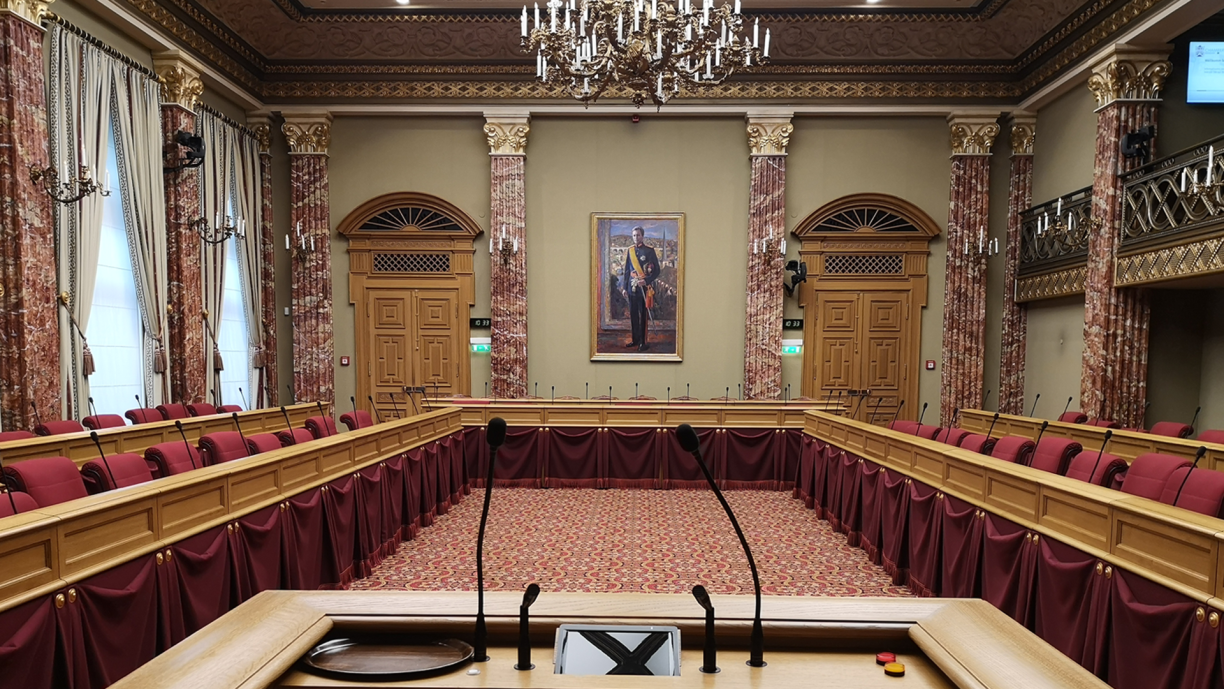
“In times when people increasingly inform themselves via social media or artificial intelligence, and when scepticism towards politics is rising, it is important to champion participatory democratic processes,” he said.
Drawing on examples from abroad, Dr Kies highlighted models that meaningfully involve citizens in decision-making: “There is, for example, the German-speaking Parliament in Belgium. Several regional parliaments in Belgium have set up joint deliberative committees where citizens deliberate with politicians. The Bundestag has established institutionalised processes. Across Europe, they are trying to create citizen consultation processes.”
Luxembourg has also taken steps of its own. The climate citizens’ assembly showed how the public can engage with a specific topic and debate it in depth. At the local level, municipalities are increasingly turning to participatory tools. Dudelange is a case in point
“It is the first municipality to implement a participatory budget. They also have a citizens’ assembly, (or ‘Biergerrot’ in Luxembourgish) which offers opportunities for residents to get informed and engage with specific issues. Alongside this, they have a citizens’ panel, which allows the municipal council to consult people at any time through a survey. So you have a three-pronged process that enables citizens to get involved.”
The key, he argues, is to focus on concrete projects rather than broad, abstract questions, and to ensure that citizen proposals are taken seriously by elected representatives. “You really need to have few processes, very efficient ones, and make them invitation-only, where you truly value the people you invite. You also provide a financial contribution, as with politicians, because you take their civic commitment seriously.”
On referendums though, Kies remains cautious: “Referendums often provide simplified answers and tend to be highly politicised. I believe the future lies in deliberative processes, where people are genuinely invited to reflect, debate and inform themselves.”
Petitions, he suggests, are a more constructive option for Luxembourg:
“They show that when you create a participatory instrument that meets a real need in society, it succeeds. Petitions do not guarantee that proposals will be adopted, but they ensure that a debate takes place, that politicians hear them, and that the media gives them visibility.”
Kies has contributed to a feasibility study for the Chamber of Deputies on how Luxembourg could institutionalise citizen participation.